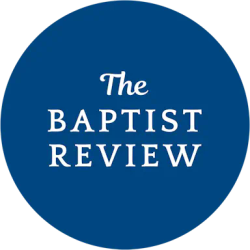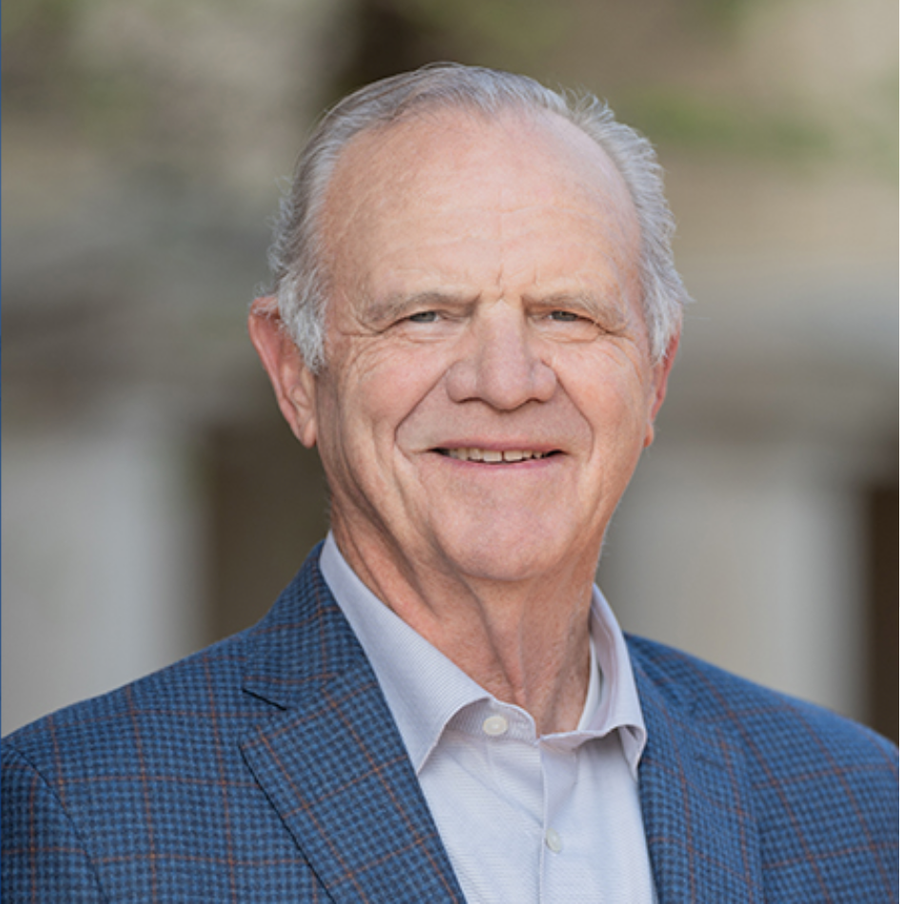When I was pastor at First Norfolk, we transitioned to lay ministry based on spiritual gifts. It was our conviction that God gifts every believer and places them in the body as He chooses (1 Cor. 12:18). This was a radical reorientation for the entire church, including the staff.
While it was never explicitly stated as such, what was communicated before our transition to gifted ministry was that the people were added to the church to help the various staff persons fulfill their stated ministry. Thus, our new member orientation had the tenor of recruiting folks for the choir, youth ministry, children’s ministry etc.
With our move to gifted ministry, we as staff members were required to see our role as helping people discover, develop, and deploy their gifts. In other words, we were called and employed by the church to assist every member to discover their role. It was no longer a top-down hierarchical model, but a bottom-up congregational model.
It not only was a more biblical model, but it was also a more effective model. Before, the implied message was, “I need you to help me accomplish my ministry.” With our change, the message was, “Let me help you accomplish that which God has called and gifted you to do.”
I relate that story to speak to an issue now facing us in the Southern Baptist Convention. When I represented Southern Baptists as president of Southwestern Baptist Theological Seminary, it was my regular practice to indicate that the seminary served the churches. It was clearly understood that the local church was the highest level of authority in Southern Baptist life. My colleagues at the other entities echoed this same message as they thanked churches for their support and for their trust. The International Mission Board emphasized that the Great Commission was given to the local church, not to the IMB. Therefore, the IMB existed to assist the local churches in accomplishing their mission rather than accomplishing it for them.
In recent years, it appears to me that we are slowly but surely embracing a top-down hierarchical model. In this new model, the local church serves the convention while the convention directs the actions of the local church, albeit indirectly. Our ecclesiology is moving away from our historic congregational model to more of a presbyterial or even episcopal model, perhaps something akin to what Southwestern Baptist theologian W. W. Barnes declaimed as “presbygationalism.”
Whatever your position on appropriate roles and titles for women in ministry, the issue behind this issue is an ecclesiological one. Should the convention make a habit of telling a local church what titles are appropriate for anyone on their staff, with the understanding that a failure to adapt to these new and narrowed standards of cooperation can result in that church being removed from friendly cooperation? If we cede that point this year, then we must ask what else the convention may determine that a local church must embrace or avoid so as to not risk being disfellowshipped.
For example, the Baptist Faith and Message is clear that the two offices of the local church are pastor/elder/overseer and deacon. Should the convention disfellowship churches that have embraced the concept of ruling elders and thus have a pastoral team, elders, and deacons? Some of these churches use impressive linguistic footwork to avoid the suggestion that they have embraced a governing model that is more presbyterian than it is congregational. While I do not embrace that model of governance, I do respect that church's right to endorse such a model if they so choose. Further, I can gladly work alongside them for the advance of God’s Kingdom.
Local churches should affirm the spiritual giftedness of women and encourage fulfillment of appropriate ministry roles. Whether they are paid staff or volunteer workers, women should also truly care for those persons in their care. For example, many women currently minister to children and women in the church. A shepherding heart toward those women and children is critical for effective ministry and increases the health of the church.
Women who serve under the authority of their lead pastor(s) or elder(s) should be encouraged and given due respect. What the individual church chooses to call that person has varied from church to church based on various cultural factors, and we should recognize the local church’s right to use titles appropriate to their particular context.
It seems like we are at risk of losing our Kingdom focus over an unnecessary argument about titles for staff persons when most New Testament scholars agree that words like “pastor,” “overseer,” and “deacon” were descriptive of functions rather than being a plaque on someone’s desk. It is counterproductive to get sidetracked over human titles used in other churches and lose our Kingdom focus when so much remains to be done to fulfill Christ’s Great Commission. Further, we are opening a Pandora’s box of hierarchical control that will erode the autonomy of the local church, challenging the rule of Christ over the congregation.
Editor's Note: As a part of its commitment to fostering conversation within the Southern Baptist Convention, the Baptist Review may publish editorials that espouse viewpoints that are not necessarily shared by the TBR team or other contributors. We welcome submissions for responses and rebuttals to any editorials as we seek to host meaningful conversations about the present and future of our convention.

Join the Baptist Review for our Presidential Forum in Indianapolis on Monday, June 10 at 9pm. Registration is required for attendance.


